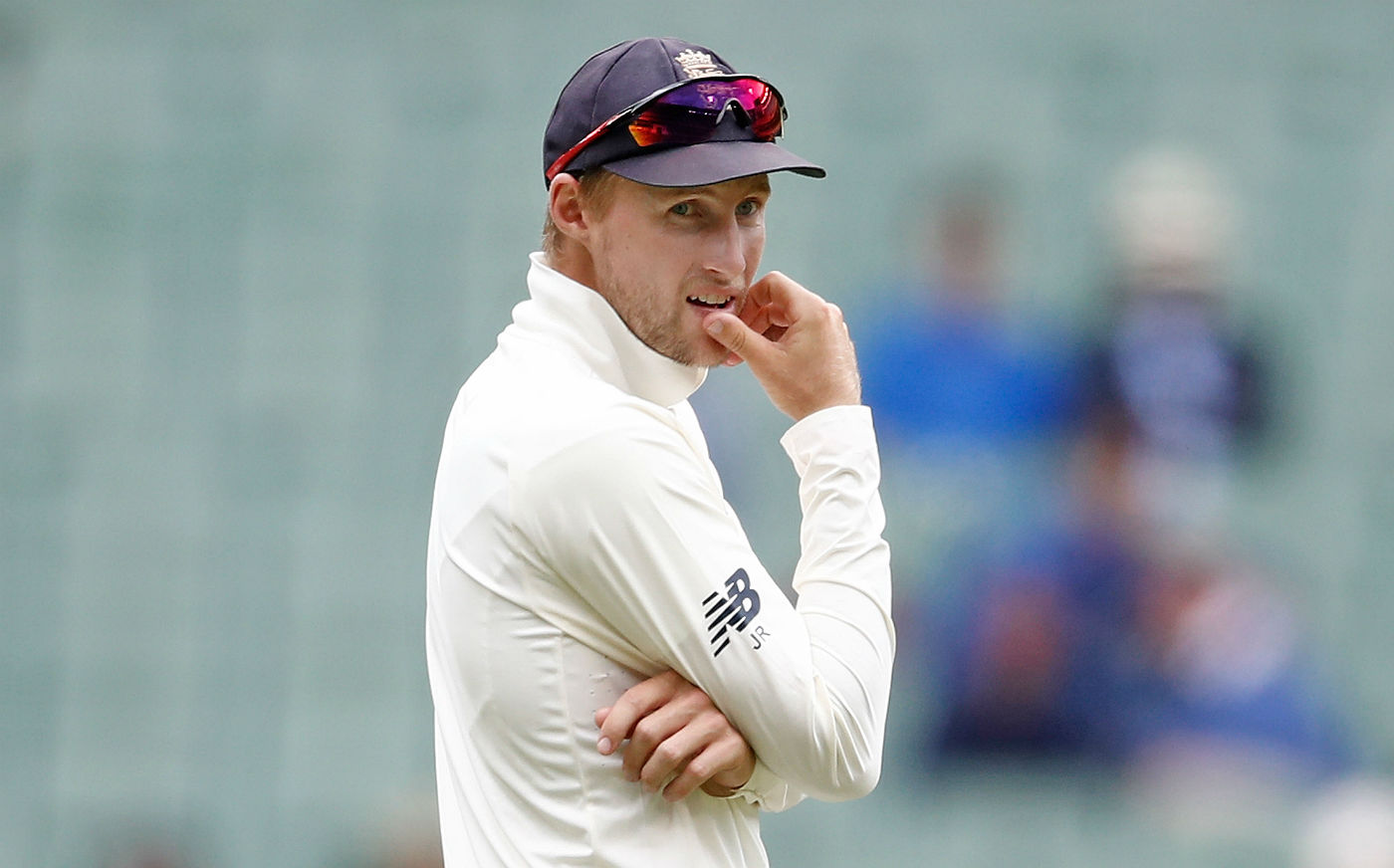Image Credit [ARYSports.tv]
England’s Test Team Captain has been praised for his bold reaction to homophobic comments.
In recent years, sports stars have only been revealing their homosexuality after they have retired. Perhaps the most famous example is John Amaechi, the first NBA star to publicly reveal that he was gay, four years after he retired. Yet many may question why sportsmen and women are so apprehensive to come out whilst in the limelight.
The fact that homosexuality is still illegal in 72 countries may be the answer to this ongoing problem. Although, on the public domain of a sports field, one would hope homophobic comments were non-existent, this is sadly not the case, as was seen in the cricketing world.
With the England cricket team under immense pressure in their third and final test in Saint Lucia, all eyes were on captain Joe Root to step up and bring his team to victory. However, what Root showed us was that he is not only a leader to his teammates, but also to younger generations, as he reminded the public that sportsmen and women have morals too.
Root had come to bat when he had a heated altercation with West Indies fast bowler, Shannon Gabriel. The discussion ultimately led to the England captain saying “don’t use it as an insult. There’s nothing wrong with being gay.”
While the microphones had not picked up Gabriel’s initial remarks, many are hailing Root for his calm and firm response, demonstrating what an ambassador he is for our country. Many of the LGBTQ+ community and sports stars have praised the young England captain, as other players in a similar position may have ignored the comment and simply kept their head down.
Root himself claimed “I just did what I thought was right.” The West Indies bowler accepted the charge relating to “personal abuse of a player”, and was fined 75% of his match fee and suspended for four ODIs, but the latter came from receiving three demerit points, which triggered a suspension due to previous marks.
Compare this ban to the hefty punishment of being found to be homosexual in Saint Lucia, a charge which can result in between five to ten years behind bars. Perhaps some could claim that Gabriel didn’t know any better, being a product of his environment. But such arguments do not excuse the ongoing issue of homophobic comments in sport.
So we must question how we, as a public, can tackle this problem. The inclusion of Tyson Fury in the shortlist for the 2015 BBC Sports Personality of the Year, following his well-publicised homophobic remarks, simply exemplifies the fact that homophobia is not taken seriously enough in sport; almost suggesting that morals do not matter when considering talent.
Yet, as Joe Root identified on the pitch, everyone is human and no one should have to face such derogatory comments on or off the field. Therefore, bigger steps must be taken to encourage the LGBTQ+ community to get involved within sport, without the fear that their sexuality will jeopardise their career in any way.

